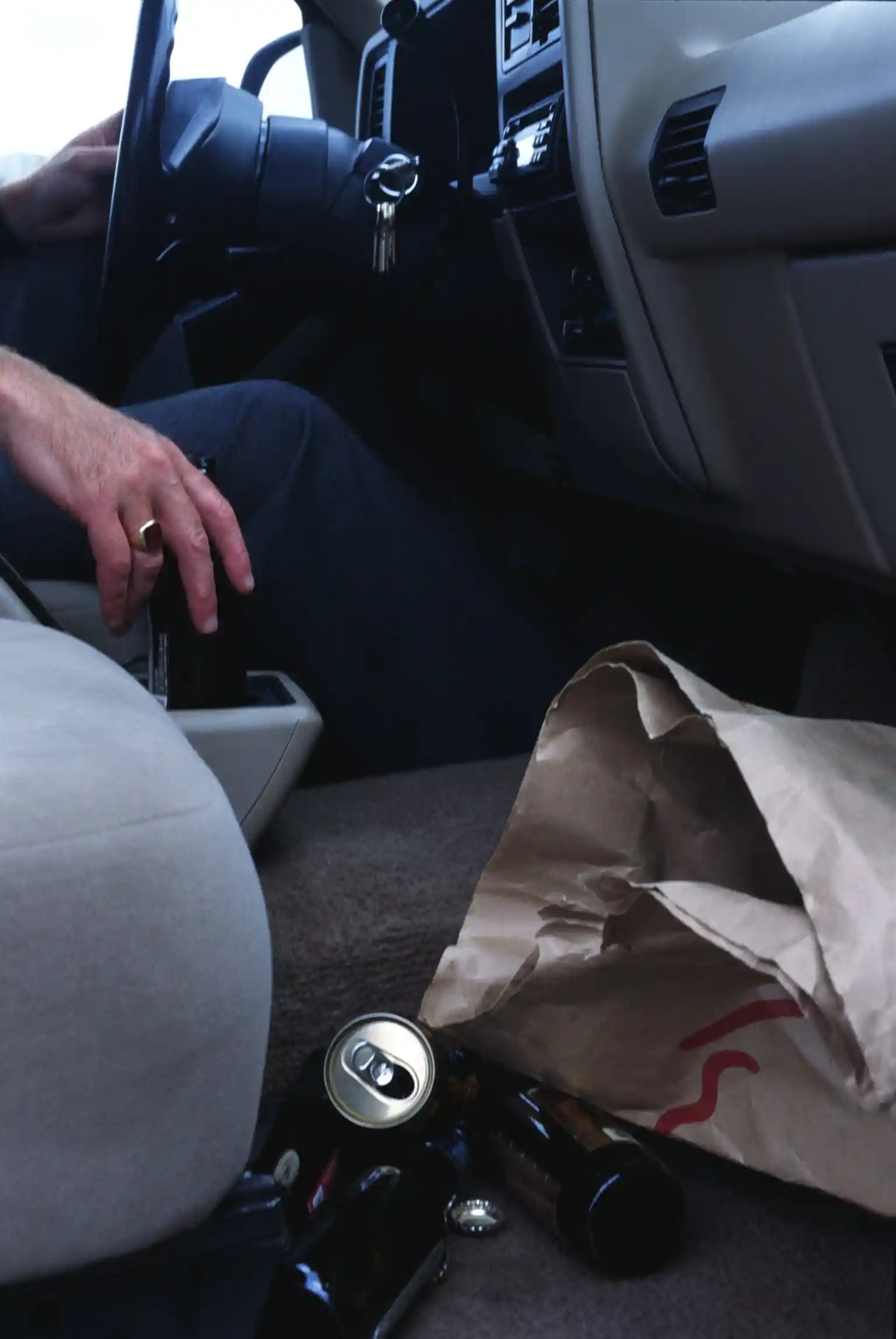 If you are stopped while driving and subjected to an investigation because the police officer suspects you are driving under the influence, or DUI, you probably do not know what to expect if it is your first time. Although no two DUI stops are the same, they all end with a request for the suspect to submit to a chemical test if the officer plans to make an arrest. If you find yourself in that position, you should have at least a general understanding of chemical tests and how they will affect your case in the long run so you can decide whether or not to take the test. To help you better understand chemical tests used in a DUI stop, a Sarpy County DUI attorney has provided some basic information.
If you are stopped while driving and subjected to an investigation because the police officer suspects you are driving under the influence, or DUI, you probably do not know what to expect if it is your first time. Although no two DUI stops are the same, they all end with a request for the suspect to submit to a chemical test if the officer plans to make an arrest. If you find yourself in that position, you should have at least a general understanding of chemical tests and how they will affect your case in the long run so you can decide whether or not to take the test. To help you better understand chemical tests used in a DUI stop, a Sarpy County DUI attorney has provided some basic information.
How Do Chemical Tests Work?
Once you have been arrested, you will be transported to the jail or police station. At that time, you will be asked to submit to a chemical test to determine if you have alcohol and/or a controlled substance in your system. There are three types of chemical tests – blood, breath, and urine. The most commonly used, by far, is a breath test. Urine tests are rarely used anymore. A blood test could be used under certain circumstances, such as if you are unconscious as a result of injuries from an accident or because you are too intoxicated. A blood test will also be used if the officer suspects you are under the influence of a controlled substance because a breath test can only detect alcohol. Because a blood test requires a healthcare professional to perform and is more expensive and invasive, they are only used when a breath test will not suffice.
In most instances, however, you will be asked to submit to a standard breath test. A breath test works by detecting alcohol in the breath you expel when you breathe. When you ingest alcohol, it is absorbed into your bloodstream. As the blood circulates through your body, it passes through your lungs. Because alcohol is volatile, meaning it evaporates from a solution, when it passes through your lungs the alcohol in your blood moves across the membranes of your lung’s air sacs (alveoli) into the air. This, in turn, means the air you breath out will have traces of alcohol on it if you have alcohol in your bloodstream. A chemical breath test requires you to breathe into a machine specially made to test the amount of alcohol present in your breath when you breathe out. The results of the test are measured as your “breath alcohol concentration”, or BAC. In the State of Nebraska, a BAC level of 0.08 percent or higher can be used against you as proof that you were driving under the influence.
Can I Refuse to Submit to a Chemical Test?
Yes, however Nebraska has an implied consent law of which you should be aware. In essence, the implied consent law states that if you operate a motor vehicle, or have a motor vehicle under your control, you have given your implied consent to submit to a chemical test to determine if alcohol or drugs are in your system. That does not mean you cannot refuse a chemical test though. You do have the right to refuse to consent to a chemical test. However, there are penalties associated with refusal, including suspending your driving privileges. In addition, your refusal to submit to a chemical test can be introduced at trial by the prosecution as proof of your guilt.
Can a Sarpy County DUI Attorney Help Me?
If you have failed or refused to take a chemical test, you should consult with a Sarpy County DUI attorney as soon as possible to decide what your legal options are. If the officer claimed you refused the chemical test, but you disagree with that claim, time is of the essence because you only have a short period of time within which to challenge the refusal claim.
Contact Us
If you have been charged with driving under the influence, or DUI, in Nebraska contact the Petersen Law Office 24 hours a day at 402-513-2180 to discuss your case with an experienced Omaha DUI attorney.

